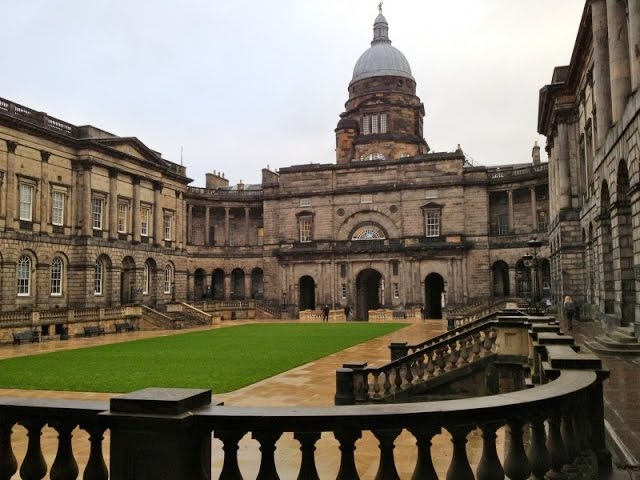Alejandro Chehtman, Universidad Torcuato Di Tella (Argentina)
Coming to the University of Leiden to conduct research as part of the MARS project has been a momentous, fruitful experience. The city, its connections (to The Hague, Amsterdam, and other parts of Europe) and the collaboration with outstanding colleagues have provided me with the adequate context to advance my research, build professional and institutional connections, and enjoy one of the most beautiful places in the world.
During my time in Leiden, I concentrated on three pieces directly linked to the MARS project and its research agenda. I finished revising a piece which tackles the issue of foreign fighters, their typology, and their legal treatment under both International Humanitarian Law and the domestic migratory and criminal legal regimes. The piece focuses on the broader problem of equality between belligerents and offers a unified account of the conceptual contours and normative underpinning of the notion of combatant privilege. It has been accepted for publication with the Harvard International Law Journal and it is undergoing the second round of substantive revisions before being published this year.
During these two months, I was able to conduct much of the relevant research for a contribution to a book on Human Geopolitics and International Law, co-edited by Professors Larissa van den Herik, Giulia Pinzauti and Ida Asscher at the Grotius Centre in Leiden. The project explores how states instrumentalize individuals in broader geopolitical conflicts, and how International Law can address such practices. My contribution, in turn, focuses on extradition regimes in Latin America and their use to regulate the behaviour of individuals abroad through enforcement of domestic legal provisions. It tackles predominant approaches in the world, from collaboration and conflict, to avoidance, prohibitions and simplified arrangements. This project will bring me to Leiden again in June 2025, to discuss first drafts.
Third, I was able to begin my preliminary research on a piece concerning the influence of the Argentine (and Chilean) diasporas in building the ideas, legal arguments and institutional responses to state criminality during the late 1970s and early 1980s in the Southern Cone of Latin America. In particular, this research seeks to shed light on the networks build, key players, and central ideas imported to/from the region to shape the field we now know as transitional justice. Although this piece is in its very early stages, I was able to conduct vital preliminary work, and even conduct some interviews.
Finally, my time in Leiden was helpful in strengthening academic and personal relationships, as well as disseminating my work. I was kindly invited to give a lecture on the Argentine transition, in the Transitional Justice course for LLM students in Leiden. I gave presentations on my work on foreign fighters at the Universities of Genova and Bologna, in Italy, and on the birth of Anti-Impunity in Argentina at the European University Institute. I was welcome and supported throughout my stay by MARS wonderful colleagues Katharina Natter and Crystal Ennis. In short, these were fruitful months of careful research and exchange in a wonderful academic context. I very much look forward to my next secondment in 2026.

